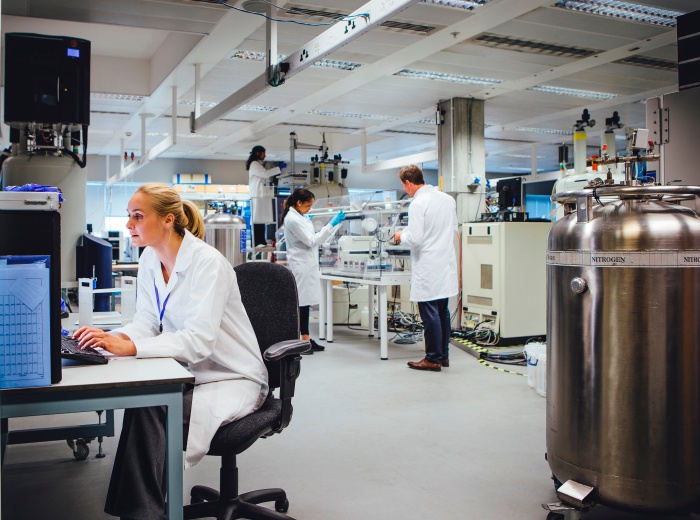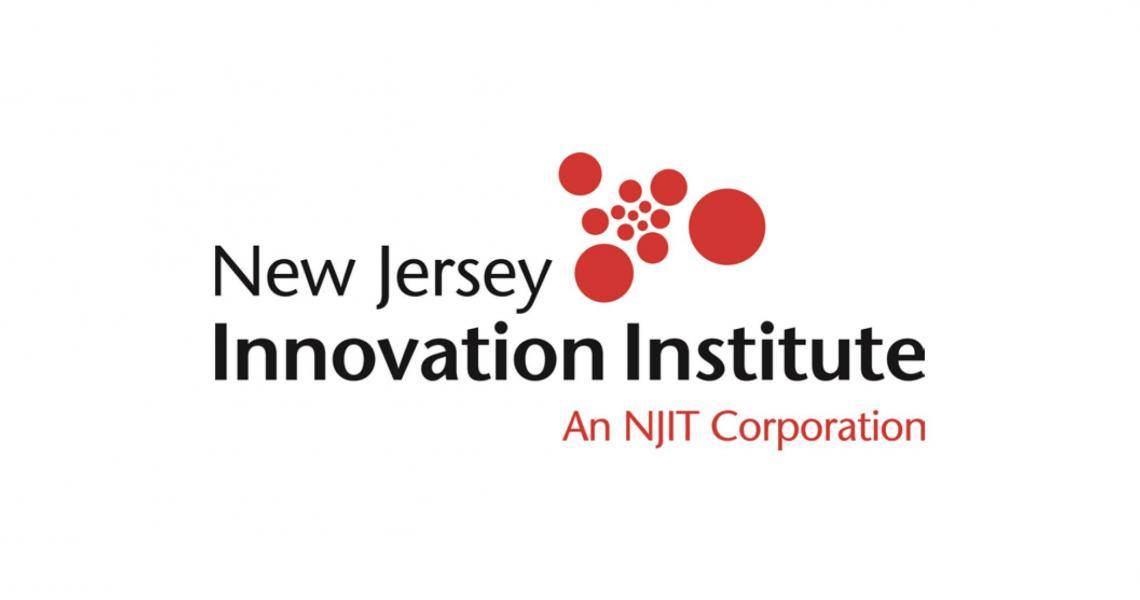Disruptive technology is transforming every business sector. Healthcare, defense and homeland security, breakthroughs in gene splicing, cell therapies, smart cities, manufacturing and so much more are redefining the core competencies that have anchored industry for over a century. If you are not a disruptor, you are likely to be disrupted — so how can you position your company to meet the challenge?
New Jersey Innovation Institute (NJII) is here to help you master change. We combine your company’s talent with that of emerging companies, entrepreneurs and the best academic minds. Our unique approach to Innovation as a Service is a customizable suite of tools and techniques that will keep you ahead of your competitors. Here are a few examples…

NJII’s Healthcare Delivery Systems iLab has been instrumental in helping the healthcare industry develop electronic health records (EHR) that contain comprehensive patient information including diagnoses, treatments, medications, immunizations and potentially life-threatening allergies.
The idea is to share this electronic information among medical service providers through a process called interoperability. Of course, with laws like HIPAA (Health Insurance Portability and Accountability Act) on the books it is vital that security provisions are put in place to safeguard the privacy of medical information.
The sharing of patient information among healthcare professionals results in improved patient outcomes because the focus is on the patient and not paperwork, tests are not duplicated because providers are “speaking” to one another and costs are reduced. A recent technological development is the Master Person Index that securely connects and shares patient information under the New Jersey Health Information Network, technology managed by NJII.

NJII’s Defense and Homeland Security iLab is leading the way in the application of Unmanned Aerial Systems in the areas of transportation, environment, infrastructure and disaster response.
In the aftermath of Hurricane Harvey, NJII was involved in the use of UAVs to conduct aerial inspection of cell towers that were knocked out of service and unable to support much-needed wireless communications. The towers requiring immediate attention were identified for ground crews to repair including those that would have to be reached by watercraft. Beyond their aerial inspection capability, and because UAVs can remain airborne for extended periods, they can also serve as temporary cell towers when outfitted with the appropriate equipment.

NJII’s Cell and Gene Therapy Development Center, will among other things, be undertaking the manufacturing process for new T cell cancer treatments on behalf of major biopharma companies and treatment centers. With more than 240 immuno-oncology treatments in development, the demand for manufacturing facilities is predicted to be intense in order to meet the needs of patients.
According to NJII’s Senior Executive Director, Biotechnology & Pharmaceutical Innovation, Dr. Haro Hartounian, “The importance of the manufacturing process in these new cell and gene therapies cannot be overstated. While there are certain processing steps that are common in the manufacturing cycle, there can be minor variations that depend on the individual patient’s type of cancer. This adds considerable complexity and challenge to these breakthrough treatment modalities and the need for innovative approaches to manufacturing.”














